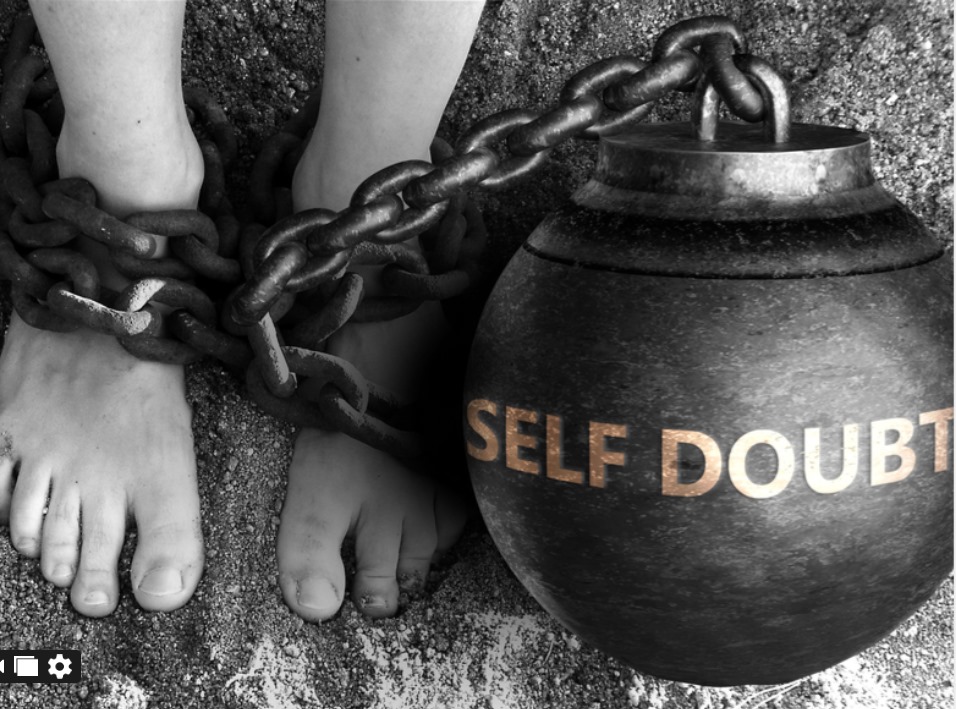Introduction
Self-doubt can creep into anyone’s life, silently chipping away at confidence and limiting potential. Understanding the causes and implementing effective solutions can transform how you approach challenges and opportunities. In this comprehensive guide, we’ll explore the reasons behind self-doubt and the strategies to overcome it, equipping you to live a more self-assured life.
Understanding Self-Doubt
Self-doubt is the feeling of uncertainty in one’s abilities or decisions. Recognizing its presence is the first step to addressing it. While self-doubt can motivate improvement in some cases, unchecked self-doubt can lead to hesitation, fear of failure, and missed opportunities.
The Psychology of Self-Doubt
Self-doubt often stems from deeply ingrained psychological patterns. Childhood experiences, such as overly critical parenting, can plant seeds of doubt early. Additionally, societal expectations and internalized perfectionism reinforce feelings of inadequacy.
Common Causes of Self-Doubt
- Childhood Experiences
Unresolved criticism or neglect during formative years often manifests as self-doubt in adulthood. - Social Comparisons
Comparing oneself to others can erode self-confidence, especially in the age of social media. - Perfectionism
The constant drive to meet impossible standards leads to frustration and feelings of failure.
Impact of Self-Doubt on Life
Self-doubt affects multiple areas, including:
- Career: Fear of taking risks or pursuing promotions.
- Relationships: Difficulty trusting others or expressing needs.
- Mental Health: Increased anxiety and a predisposition to depression.
Identifying Self-Doubt Triggers
Triggers can be external, like harsh criticism, or internal, such as negative self-talk. Identifying these triggers is vital for tackling self-doubt effectively.
Overcoming Self-Doubt: Practical Solutions
- Cognitive Behavioral Techniques: Reframing negative thoughts helps challenge irrational beliefs.
- Self-Affirmation Exercises: Regularly reminding yourself of your strengths builds self-esteem.
Building Resilience Against Self-Doubt
- Self-Compassion: Treat yourself with kindness during failures.
- Growth Mindset: View mistakes as learning opportunities rather than failures.
The Power of Positive Reinforcement
Positive feedback from trusted sources and celebrating small achievements can significantly boost confidence.
Cultivating Self-Awareness
- Journaling: Writing about fears and triumphs provides perspective.
- Mindfulness: Practices like meditation encourage present-focused thinking, reducing worry.
Setting Realistic Expectations
Learn to balance ambition with reality by setting achievable goals and acknowledging progress.
Seeking Professional Help
Therapists and counselors offer specialized techniques for overcoming self-doubt, such as exposure therapy or coaching tailored to specific challenges.
Leveraging Support Networks
Connecting with supportive family members, friends, or communities fosters a sense of belonging and encouragement.
Self-Doubt in Specific Contexts
Overcoming self-doubt varies depending on the situation, such as:
- Academics: Focus on preparation and seeking mentorship.
- Social Anxiety: Practice small social interactions to build confidence.
Long-Term Strategies for Confidence
- Continuous Learning: Expanding knowledge builds self-efficacy.
- Gratitude Practices: Reflecting on achievements strengthens self-belief.
Inspiring Stories of Overcoming Self-Doubt
Real-life stories of individuals who conquered self-doubt inspire others to follow suit, showcasing that change is achievable.
FAQs on Self-Doubt Reasons and Solutions
- What are the main causes of self-doubt?
Childhood experiences, social comparisons, and perfectionism are common causes. - Can self-doubt be eliminated completely?
While it’s challenging to eradicate, it can be managed effectively through consistent effort. - How does self-doubt affect mental health?
It often contributes to anxiety, depression, and low self-esteem. - What are quick fixes for self-doubt?
Affirmations, journaling, and seeking positive feedback can provide immediate relief. - When should I seek professional help?
If self-doubt severely impacts daily life, consulting a therapist is advisable. - Are there any tools to track self-doubt triggers?
Journaling apps and mindfulness tools can help identify and monitor triggers.
Conclusion
Self-doubt is a universal challenge, but it’s not insurmountable. By understanding its roots and applying practical solutions, you can gradually rebuild your confidence and lead a fulfilling life.

